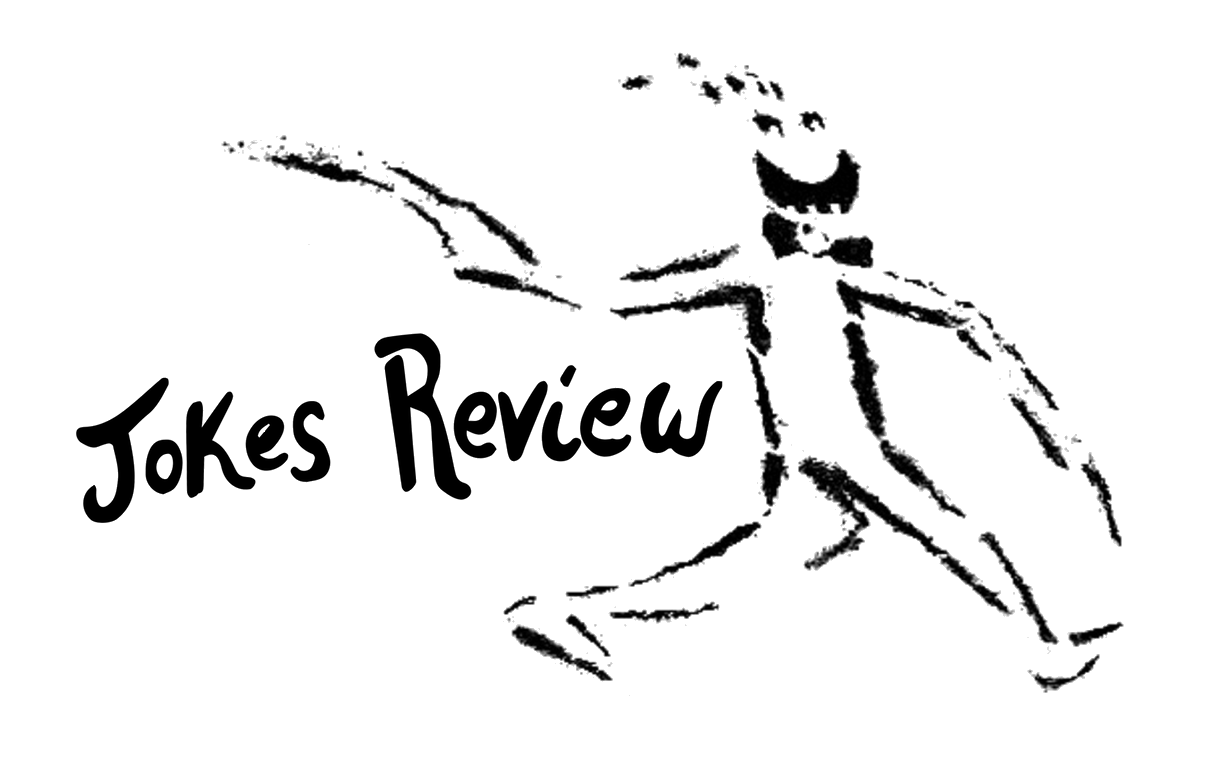E.M. Cioran is possibly the world’s most pessimistic philosopher. He’s a big fan of suicide, for example, except for that fact that, as he writes, “It is not worth the bother of killing yourself, since you always kill yourself too late.”
What’s funny about Cioran is that he’s so over-the-top with his pessimism that his writing becomes life-affirming and even humorous. Reading him, you almost have to remind yourself that he’s a serious nihilist philosopher, not a progeny of Oscar Wilde.
Fortunately, his witticisms aren’t reserved entirely for the topic of suicide. He also shares quite a few enlightening thoughts about writing and the creative process. Here are a number of his aphorisms from his otherwise entirely bleak (and hilarious!) book The Trouble With Being Born.
Write books only if you are going to say in them the things you would never dare confide to anyone.§
Once we reject lyricism, to blacken a page becomes an ordeal: what’s the use of writing in order to say exactly what we had to say?§
If only we could reach back before the concept, could write on a level of the senses, record the infinitesimal variations of what we touch, do what a reptile would do if it were to set about writing!§
A minimum of silliness is essential to everything. §
We say: he has no talent, only tone. But tone is precisely what cannot be invented—we’re born with it. Tone is an inherited grace, the privilege some of us have of making our organic pulsations felt—tone is more than talent it is its essence.§
Ideas come as you walk, Nietzsche said. Walking dissipates thoughts, Shankara taught.Both of these are equally well-founded, hence equally true, as each of us can discover for himself in the space of an hour, sometimes of a minute… §
There is nothing to say about anything. So there can be no limit to the number of books.§
The greatest favor we can do an author is to forbid him to work during a certain period. Short-term tyrannies are necessary—prohibitions which should suspend all intellectual activity. Uninterrupted freedom of expression exposes talent to a deadly danger, forces it beyond its means and keeps it from stockpiling sensations and experiences. Unlimited freedom is a crime against the mind.Peter Clarke is the editor-in-chief of Jokes Review. He’s the author of the comic novels Politicians Are Superheroes and The Singularity Survival Guide. Follow him on Twitter @HeyPeterClarke.


